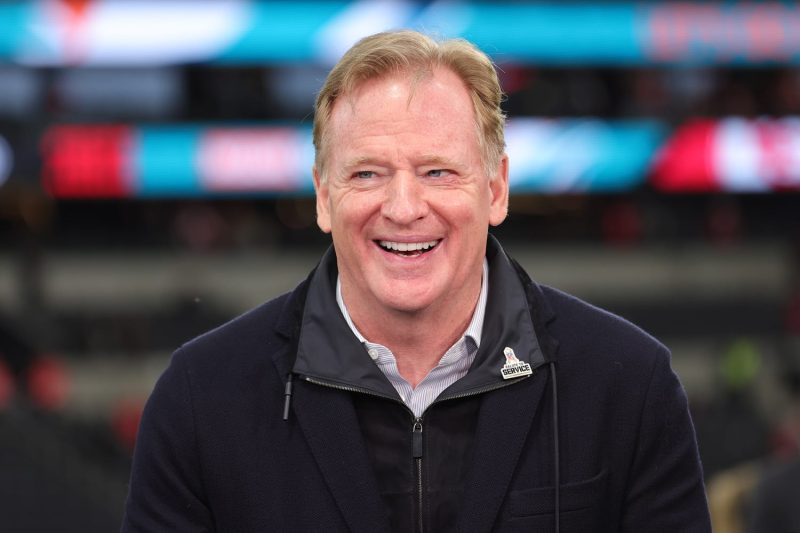
NFL Commissioner Roger Goodell Encourages Private Equity Investment in Teams with Up to 10% Ownership
The National Football League (NFL) has been the beacon of professional football in the United States for decades, known for its competitive spirit and high entertainment value. In a surprising turn of events, Commissioner Roger Goodell recently announced that the league is open to allowing private equity firms to own up to 10% of NFL teams. This monumental shift in ownership structure has sparked discussions and debates across the sports industry.
Private equity ownership in professional sports is not a novel concept, with many sports franchises across different leagues already having some degree of private equity involvement. However, the NFL has historically maintained a strict ownership model, with team ownership limited to individuals or families. The league’s willingness to explore private equity ownership marks a significant departure from tradition and has raised concerns among both fans and industry experts.
One of the primary reasons driving the NFL’s openness to private equity ownership is the potential for increased investment and financial stability. Private equity firms are known for their deep pockets and strategic approach to investment, which could inject substantial capital into NFL teams and drive growth opportunities. With the financial repercussions of the COVID-19 pandemic still lingering, the NFL may see private equity ownership as a way to fortify team finances and ensure long-term sustainability.
Another factor influencing the NFL’s decision is the changing landscape of professional sports ownership. As the sports industry becomes increasingly globalized and revenue-driven, traditional ownership models may no longer suffice. Private equity firms bring a different set of expertise and perspectives to team ownership, focusing on maximizing profits and enhancing operational efficiency. By allowing private equity firms to own a stake in NFL teams, the league may be looking to adapt to the evolving demands of the modern sports business environment.
While the potential benefits of private equity ownership are evident, there are also valid concerns surrounding this new development. Critics worry that private equity involvement could prioritize short-term financial gains over the long-term interests of the team and its fans. Private equity firms are known for their profit-driven approach, which may clash with the community-oriented values that many NFL teams espouse. Moreover, there is apprehension about the level of influence and control that private equity owners could wield over team operations and decision-making processes.
As the NFL navigates the complex terrain of private equity ownership, it must tread carefully to strike a balance between financial viability and preserving the integrity of the league. Transparency, accountability, and clear guidelines will be crucial in ensuring that private equity involvement benefits both the teams and the fans. The NFL may need to establish stringent regulations and safeguards to prevent potential conflicts of interest and maintain the competitive balance of the league.
In conclusion, the NFL’s willingness to explore private equity ownership of its teams signifies a significant shift in the landscape of professional sports ownership. While this move presents opportunities for increased investment and financial stability, it also poses challenges in terms of preserving the core values of the league. As the NFL embarks on this new journey, careful deliberation and thoughtful planning will be essential to navigate the complexities of private equity ownership while upholding the essence of the game that fans cherish.
